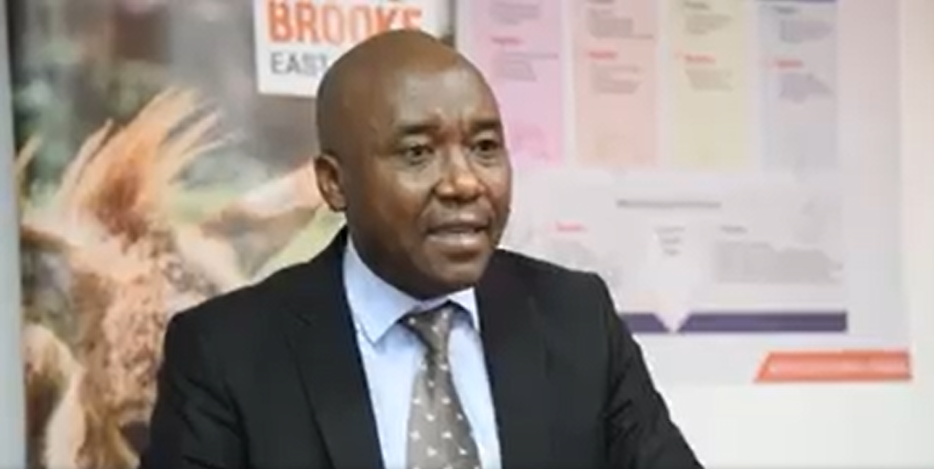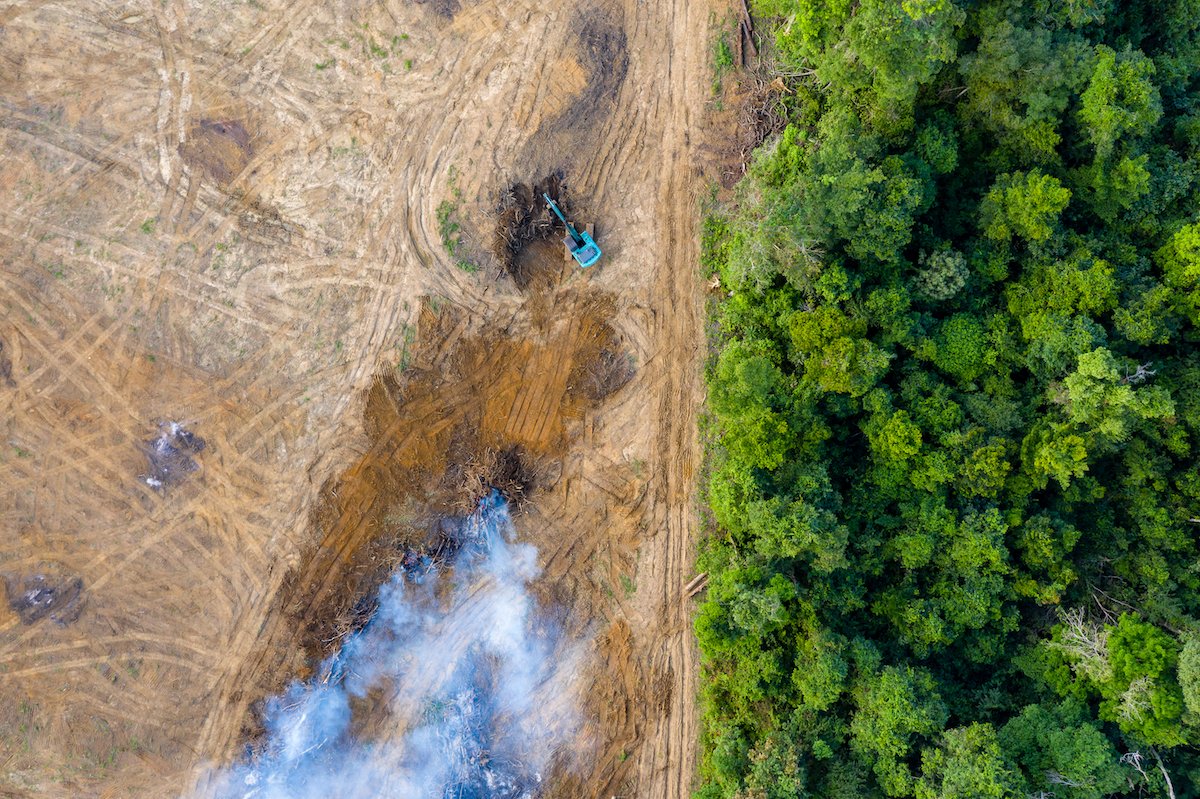How China’s demand for donkey hide is devastating African communities
Posted by Patricia Lumba on 27 April 2025 2:40 PM CAT

China’s demand for a traditional medicine known as e-jiao is fueling the slaughter of millions of donkeys every year, say animal welfare groups and veterinary experts.
E-jiao, which is made using collagen extracted from donkey hides, is the vital ingredient in food and beauty products believed by many Chinese consumers to enrich the blood, improve the immune system, and prevent diseases.
Reuters spoke to more than a dozen experts, including veterinarians and academics, to examine how demand for e-jiao is rippling across communities in Africa, which rely heavily on the donkey, and how the trade in hide continues to boom despite efforts by some African nations to restrict it.
Read more: https://graphics.thomsonreuters.com/testfiles/2024/9JMXvyfqabs7/https://graphics.thomsonreuters.com/testfiles/2024/9JMXvyfqabs7/




